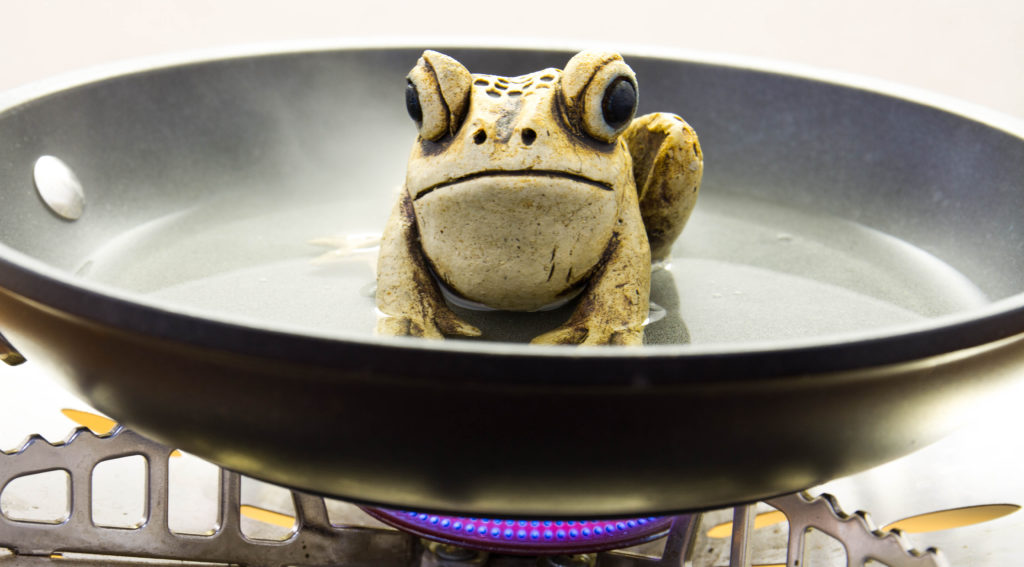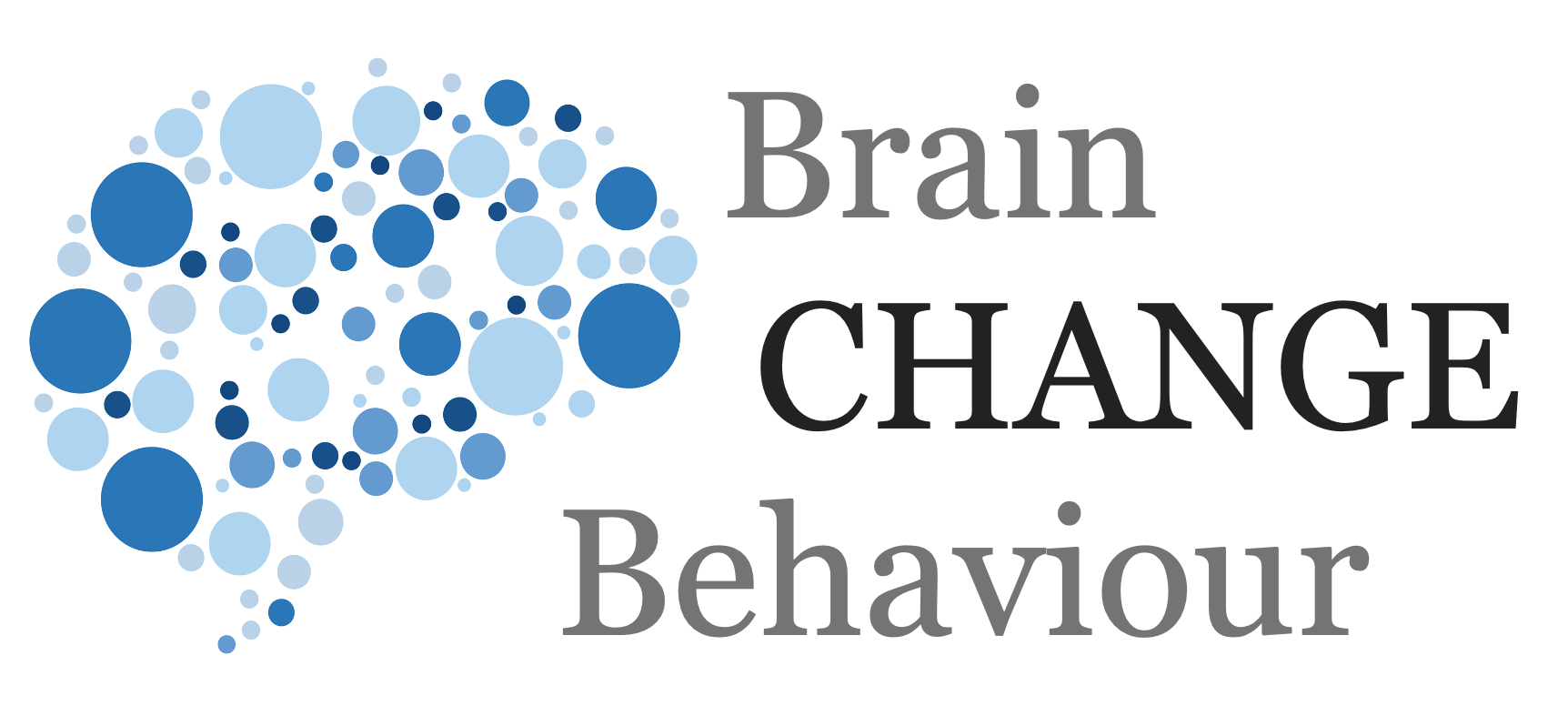Quick Hits
Brief research updates from the cognitive sciences

Why do people make random and unpredictable decisions when uncertainty arises (such as buying toilet paper at the start of a pandemic)?
This was the question researchers at the University of New South Wales asked, and designed some innovative experiments to test this out.
First off they designed an experiment about buying and selling items. After a few turns it became clear that the strategy of selling to one individual, let’s call this Buyer A (out of two) was the most effective strategy (yielded the highest rewards on average). They then added uncertainty by suddenly changing the offers of Buyer A. Most participants then changed their strategy when faced with this unexpected change. The only thing is that the most effective strategy remained the same — selling to Buyer A was still the most profitable, but less reliable than before.
This explains a feature of human nature that uncertainty creates an immediate response to change something — even if this is less profitable or beneficial (with our rational distanced view). This also explains some of the behaviours that have appeared with the pandemic because uncertainty rose suddenly and dramatically. Normally rational people started engaging in less rational or beneficial behaviours.
“Given how many decisions we make under uncertainty in our everyday lives, the more we can understand about how these decisions are made, the more we hope to enable people to make good decisions,” Dr Walke
Next up though they also measured the “boiling frog” effect. The boiling frog effect is the situation (a myth actually) that if you put a frog in hot water it will jump out but if you put it into cool water and slowly turn up the temperature it barely realises it until it is too late and the frog is boiled. In reality the frogs do jump out at some stage — but it’s a nice analogy.
In this experiment they slowly changed the behaviour of buyer A, which was the most profitable buyer remember, until it was no longer the best option to sell to Buyer A. Did the participants change their behaviour? No, they didn’t, on average. This showed that slowly changing a strategy barely elicited a change in behaviour.
Though many people have observed the above scenarios there has little structured research to back this up and this shows two things:
- Sudden uncertainty elicits behavioural change even if it has worse outcomes than previous behaviours.
- Slow change does not elicit behavioural change even if it would, or should, be the best option.
Something to think about in daily life and especially for you business leaders out there!
© leading brains 2022
Reference
Walker, A. R., Navarro, D. J., Newell, B. R., & Beesley, T. (2022).
Protection from uncertainty in the exploration/exploitation trade-off.
Journal of Experimental Psychology: Learning, Memory, and Cognition, 48(4), 547–568
https://doi.org/10.1037/xlm0000883
More Quick Hits
Exercise is Infectious
This is an older study (2017) I came across and found fascinating. As many of you regular readers will know I have reported many times on the benefits of exercise.
Why our Brains Miss Opportunities for Innovation
When we think of innovation we think of creating something new. A new study shows that, however, we, by default, try to add something whereby subtracting something could make something better.
Brain Region for Changing Behaviour Identified
The saying goes “Insanity is doing the same thing over and over again and expecting different results.” This obviously refers to doing the same thing over and over and continually getting a bad result
From Couch to Ultra Marathon with Mental Imagery
On first glance I thought the above headline was fascinating. I am a sports person, look into the neuroscience of motivation, and have been in the “motivational” space for nigh on two decades.




